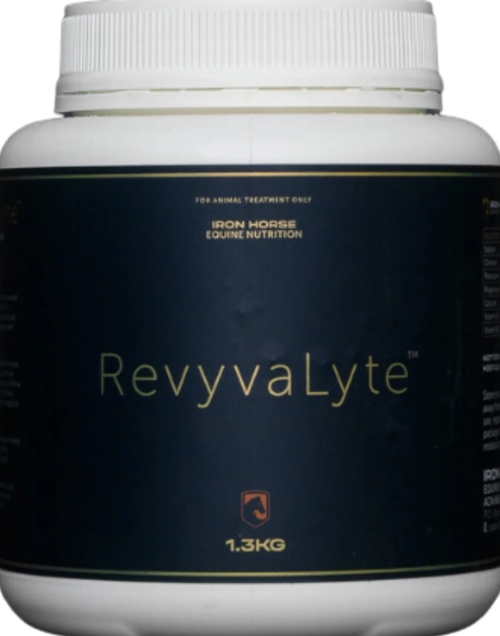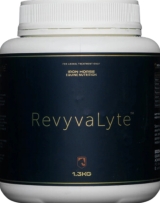



SODIUM
A mineral or element that is involved in the correct functioning of nerves, muscle function and osmotic pressure. Sodium must be supplemented as it is not readily available in natural forage sources.
CHLORIDE
The mineral of highest concentration in equine sweat. In addition to working in unison with Sodium to balance fluids, Chloride is also a key component in digestion via its stimulating effect on gastric juices. Must also be fed as not readily present in pastures
POSTASSIUM
A vital mineral in the maintenance of heart and muscle function. Potassium deficiencies will impact performance and overall health. Unlike Sodium and Chloride, Potassium is readily available in pasture and hay and so adequate amounts are generally available for grazing stock. However, additional potassium may be required where pasture access is limited and/or work levels increase.
MAGNESIUM
A macro mineral that is required for correct nerve and muscle function. Deficiencies will often relate to muscle issues such as tying up as well as behavioural challenges. Magnesium requirements increase with work activity.
CALCIUM
Well-known mineral for bone strength as well as nerve and muscle function, small amounts of Calcium are also lost in sweat. Calcium deficiencies may occur for a variety of reasons and can contribute to poor bone quality and even SDF (thumps) may occur as a result of hypocalcemia.
VITAMIN B5
Also known as Pantothenic Acid, B5 is involved in many metabolic functions of the horse–most notably efficiently extracting energy sources from food.
VITAMIN B6
Another key B group Vitamin, B6 (pyridoxine) is also known for its immune and muscle strengthening actions in addition to generating energy from carbohydrates.
